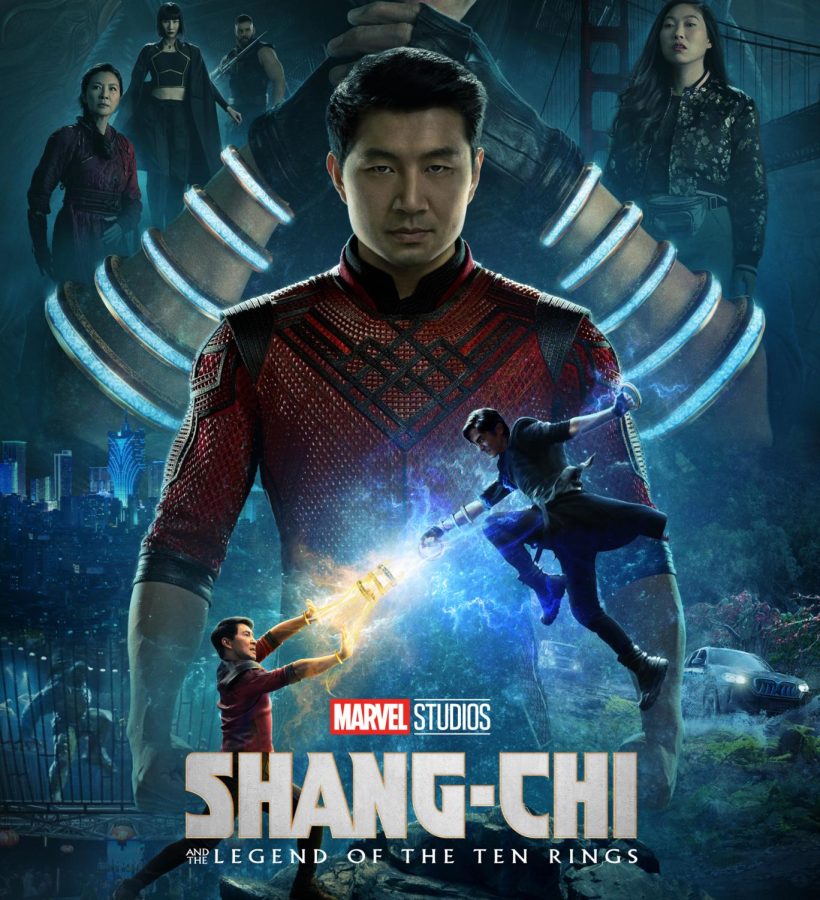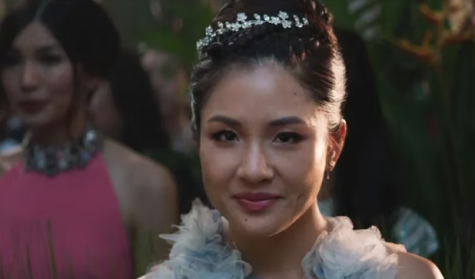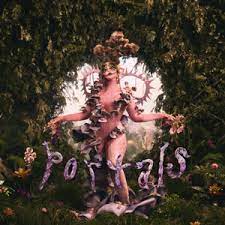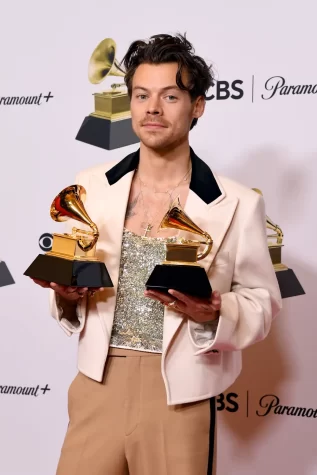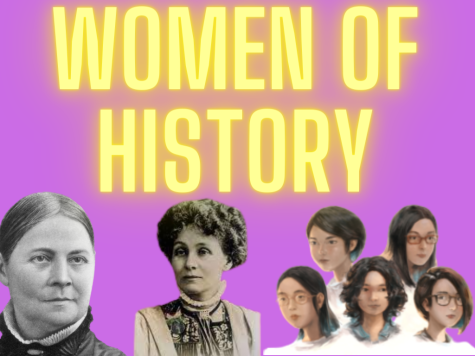Marvel’s ‘Shang-Chi and The Legend of The Ten Rings’: A review
Shang-Chi: Marvel’s first Asian superhero. Following the release of the latest edition to the Marvel Cinematic Universe (MCU) series, such headlines announced a sort of triumph for Asians, leading to my belated watching of the acclaimed film. Shang-Chi (played by actor Simu-Li) and The Legend of the Ten Rings was to give Asians and more specifically East Asians the story and representation of a minority cast that the African American community relished in following the release of the MCU film Black Panther.
My reluctance prior to watching the film was shared with many other Asians. How could we not fear a kung-fu superhero bravado rendition of Crazy Rich Asians? However, I was greatly wrong, as Shang-Chi is a film that not only achieved its title of great representation for Asians but also deeply touched the hearts of viewers, those strangers to East Asian culture and those culturally familiar alike.
Upon viewing the opening of the movie, I was met with sprawling landscapes and stories depicting the vast history of the organization “Ten Rings.” However, one thing in particular stood out to me: the first ten minutes were completely narrated in Mandarin Chinese. Such a choice stood out for a series domestically produced and adored by millions of American viewers, yet it made complete sense.
The characters in Shang-Chi’s world fluently conversed in Chinese, using nuances and phrases culturally authentic, some of which did not even come through in the English subtitles because of the difficulty to translate. A common Chinese proverb recently went viral online for its lacking translation in Shang-Chi. The line, “I’ve eaten more salt than you have eaten rice”, was translated into its implied meaning, “I’ve lived ten of your lifetimes.”
The use of such Chinese nuances charmingly conveyed the cultural mannerisms and added an air of authenticity for viewers, especially those fluent in Chinese. Even beyond the first ten minutes of the movie, conversations in Chinese often occured, such as one’s between Shang-Chi and his mother.
Beyond the use of language, other techniques were used to represent the aesthetics of traditional Chinese culture, capturing a distinct perspective dear to Asians. Traditional architecture was skillfully incorporated with the high-tech, modern technology often seen in the MCU movies.
As the movie progressed, I was astounded at how the movie illustrated a striking likeness to Chinese cinematography. Particularly, the mystical scene in which Shang-Chi’s father encounters Shang-Chi’s mother for the first time in the entrance of Ta-Lo. The nemesis pretenses under which the couple met, as well as the music, scenery and attire all had an uncanny resemblance to those historically themed Chinese dramas that many East Asians are accustomed to watching
The fight that occurred between them was filled with power and skilled martial arts, yet it was graceful and nearly humorous, also incorporating a beautiful background of swirling cherry blossom petals and a tranquil bamboo forest.
For the enchanting graphics, Shang-Chi and The Legend of The Ten Rings received an Oscar nomination for Best Visual effects on February 8th.
Scenes such as the first encounter between Shang-Chi’s parents depicted how martial arts and hand-to-hand combat were the main forms of physical conflict. Shang-Chi is a movie perfect for those like myself who do not enjoy the guns, explosions and violent high-tech warfare typical of MCU movies, such as the well-known Avengers series.
Of course, the movie also had its fair share of Western characteristics. With that being said, Shang-Chi would not be a Hollywood movie without a loyal partner in crime and a comic relief character—played by well-known actress and comedian Awkwafina. Her role in the movie provided some moments of laughter, although, like many other Hollywood films, the comedic breaks came to an unnecessary amount. While her character brightened dull moments and created chuckle-worthy moments, the frequent jokes often took away from the cultural immersion and serious nature of scenes with her sudden loudness.
Aside from the western qualities of the film, the movie touched on more serious Asian American topics. Throughout the movie, Shang-Chi is in a subtle but constant struggle with his identity. He struggles to choose between the traditional expectations of continuing his father’s violent destiny and upholding stereotypes of Asian excellence and toughness–or–realizing his potential to be firm and peaceful as his mother had wished of him.
The Asian community is no stranger to walking this fine line, and Shang-Chi’s common experiences not only as an Asian American, but just as a person in society makes him one of the most relatable, realistic characters in the MCU.
Otherwise, the minority cast film also included a soundtrack and crew featuring many accomplished Asian American artists. The soundtrack is impressively made up of (almost) only Asians, with 18 tracks by people including 88Rising, Rich Brian, Niki, JJ Lin, Keshi and many more renowned artists.
Despite the diversity in crew/cast members, writers and musicians in Shang-Chi, the same diversity is seldom present in other MCU films. It is a great disservice to these phenomenal crew members when they are only hired for minority films such as Shang-Chi though hardly for other MCU or box-office films. If anything, the strong diversity in the minority films Shang-Chi and Black Panther brought special attention to the lack of diversity in most Hollywood film casts and crews.
Notably, Shang-Chi did not release in China, despite its impressive combination of Asian and Western culture. The latest edition to Marvel’s series was well recieved and made a bang at the top of the charts in Japan, South Korea, Taiwan and Singapore, yet it was not legally available for viewing anywhere in China. Considering the previous love Marvel recieved in China, as well as the the film featuring one of the greatest known actors in China–Tony Leung–the film was set up for great success in China had it been released.
The reason Shang-Chi has yet to be approved by the Chinese state, and may even be facing a ban, is due to the increasing tensions between China and foreign influence, espeically U.S. influence. One cause may be attributed to the resurfacing of comments Simu Li (who plays Shang-Chi) made in 2017, calling China a “third world country” with people “dying of starvation,” among other things. Furthermore, the comics originally created and released in the 70’s had previously faced scrutiny as readers called out its racist undertones towards Asians.
Though shameful Chinese viewers could not glimpse the greatness of Shang-Chi, the film directed by Japanese-American Daniel Cretton is one of the first of its kind in Hollywood and Asian American film. Shang-Chi captured a tale entertaining and endearing to all audiences, but more importantly conveyed the foundational identity of Chinese culture and Asian Americans. Hopefully, more cultural and diverse films will recieve attention and love as Shang-Chi did, and relieve a nation still knee-deep in concealed discrimination and xenophopia.
You can now watch ‘Shang-Chi and The Legend of The Ten Rings’ on Disney+.

Michelle is currently a Senior, where it is her third and final year writing for The Prowl. This year, she is excited to serve as the Co-Editor-in-Chief....

